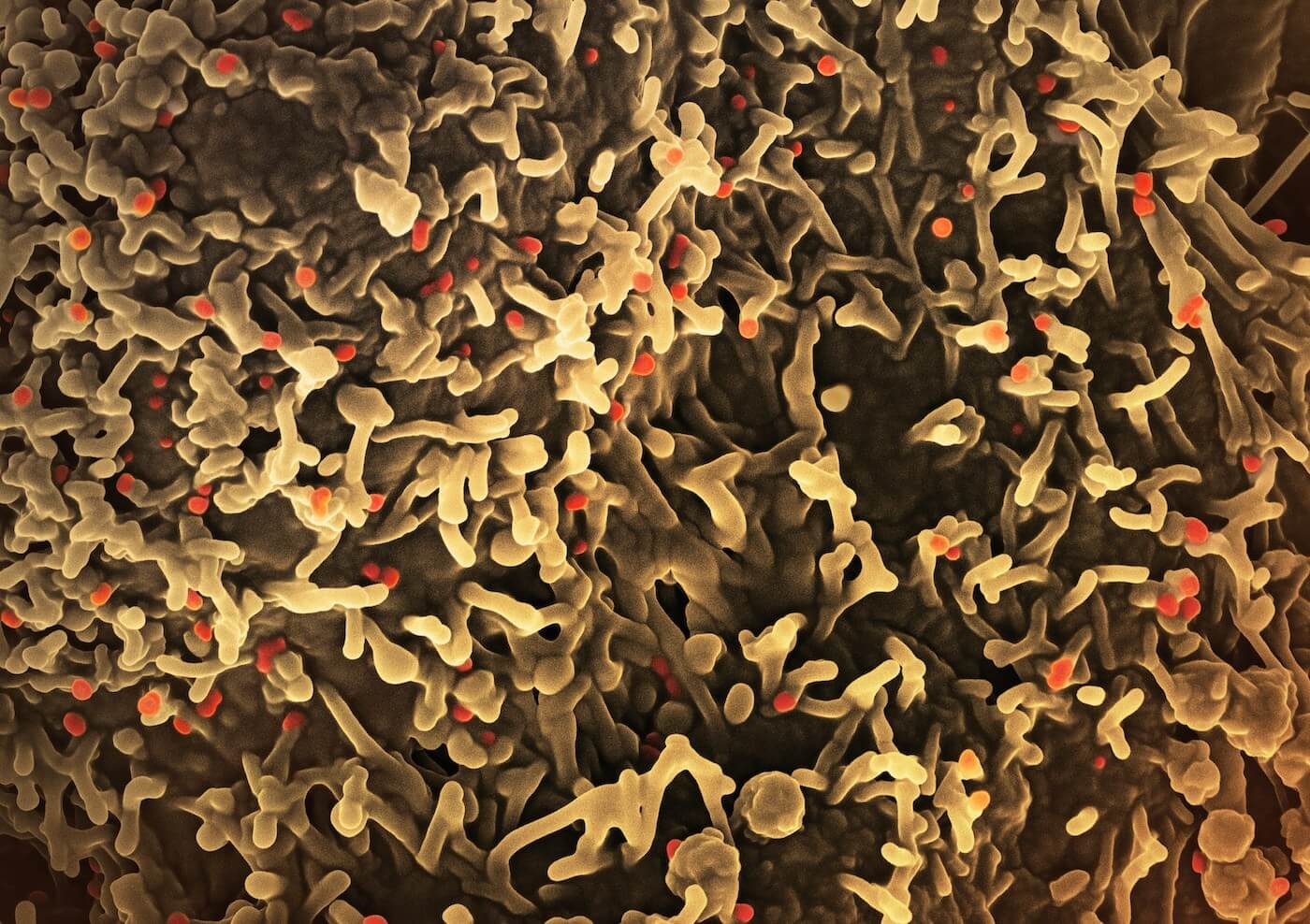Summary
- Mpox virus, previously known as monkeypox, shares symptoms with smallpox but is generally less severe. It has seen a resurgence, particularly in non-endemic areas, since 2022.
- The virus spreads through direct contact with infected animals or humans, with recent outbreaks in the U.S. and Europe primarily affecting men who have sex with men. However, a new variant, clade Ib, is causing more severe cases in Africa.
- As of 2024, the Democratic Republic of Congo (DRC) has been severely affected by the clade Ib variant, with over 22,000 cases and more than 1,200 deaths reported.
- Vaccination, originally for smallpox, is effective against mpox, and an antiviral treatment (tecovirimat) is available, though it may be less effective against newer variants.
- Global health agencies are actively monitoring and responding to the outbreaks, but the risk of mpox causing a pandemic similar to COVID-19 is considered low.
Mpox, previously known as monkeypox, has become an important public health concern recently, especially after the 2022 outbreak that spread beyond its localized regions in Africa. Here are the five things you need to know about mpox:
1. What Is Mpox?
Mpox is a viral disease caused by the monkeypox virus, a member of the Orthopoxvirus genus, which also includes the variola virus that causes smallpox. The disease was first discovered in laboratory monkeys in 1958, which is where it gets its name, although it is primarily found in rodents and other animals in parts of West and Central Africa. Mpox can cause symptoms similar to smallpox, but they are generally less severe, including fever, headaches, muscle aches, swollen lymph nodes, and a distinctive rash that often starts on the face before spreading to other parts of the body. While most people recover within a few weeks, the virus can be fatal, especially in individuals with weakened immune systems.
2. How is mpox transmitted and spread?
The monkeypox virus can be transmitted from animals to humans through direct contact with infected animals’ blood, bodily fluids, or skin lesions. Human-to-human transmission can occur through contact with respiratory droplets, bodily fluids, or contaminated materials such as bedding. The 2022 outbreak, which saw significant spread in non-endemic regions like the U.S. and Europe, was driven mainly by clade II variant of the virus, and primarily affected men who have sex with men through sexual or intimate contact. However, a newer variant from clade I, called clade Ib, emerged in Africa in 2024, causing more severe strains and affecting a broader demographic.
3. What is the current epidemiological situation with mpox?
Mpox has shown different patterns of spread in recent years. The 2024 outbreaks have been more severe in Africa, particularly in the Democratic Republic of Congo (DRC), where the new clade Ib variant has caused over 22,000 cases and more than 1,200 deaths. In contrast, the number of cases has been significantly lower in places like the U.S. and Europe, where the clade II variant is more prevalent. For example, the U.S. reported around 1,399 cases in the first half of 2024, all from clade II, which is less severe than clade I.

4. Are there vaccines and treatment for mpox?
Vaccination has been a key tool in managing mpox outbreaks. The vaccine used for smallpox has been effective against mpox due to the similarities between the two viruses. In the U.S., the vaccine has been primarily administered to those at higher risk, such as men who have sex with men. An antiviral drug called tecovirimat (TPOXX) is also available to treat mpox. However, recent studies suggest it might be less effective against the clade I variant currently spreading in Africa. Despite this, vaccination remains an essential preventive measure, especially for high-risk populations.
5. What is the public health response and what is the future outlook for the mpox outbreak?
Public health agencies worldwide, including the World Health Organization (WHO) and the Centers for Disease Control and Prevention (CDC), have been closely monitoring mpox outbreaks and coordinating responses. The WHO declared mpox a public health emergency of international concern due to the virus’s rapid spread. However, experts believe that mpox is unlikely to cause the same level of global disruption as COVID-19. The virus is less easily transmitted, and its spread can be contained with effective public health measures and vaccination. As of 2024, while new variants and outbreaks continue to be a concern, particularly in Africa, the overall global risk is considered manageable.
In conclusion, while mpox remains a serious health concern, particularly in certain regions, ongoing surveillance, vaccination efforts, and public awareness are key to controlling its spread and minimizing its impact. Stay informed about the latest developments, especially if you are in or traveling to areas with reported cases.
Support Good Health Everywhere With Embrace Relief
Early diagnosis and treatment for mpox, as with all diseases and ailments, is critical to personal and society-wide health. This is why Embrace Relief’s Health program works to ensure that people worldwide have access to medical care whether they can afford it or not. Learn more about Embrace Relief’s health initiatives, including our clinic in Mali and our medical camps in Uganda and Kenya, by clicking here. Make a donation to Embrace Relief’s Health program using the donation box below and help us provide life-saving care to those who need it most.
How You Can Help: The Gift of Sight
A simple cataract surgery, which costs only $120, can transform a life. With your support, our Embrace Relief’s health clinics can provide these surgeries to those in need, giving them the gift of sight and the opportunity for a better future. Here’s how your donation can make a difference:
- $120 Donation: Funds one complete cataract surgery, restoring sight to an individual in need.
- $240 Donation: Supports two surgeries, doubling the impact.
- $600 Donation: Helps five people regain their vision, enhancing their quality of life and ability to contribute to their communities.
Your donation can make a significant difference in the lives of those suffering from cataracts in Mali and Burkina Faso. For just $120, you can fund a cataract surgery and give someone the precious gift of sight.
Help us light up lives and drive away the darkness caused by cataracts. Donate now and be a part of this life-changing mission.





















